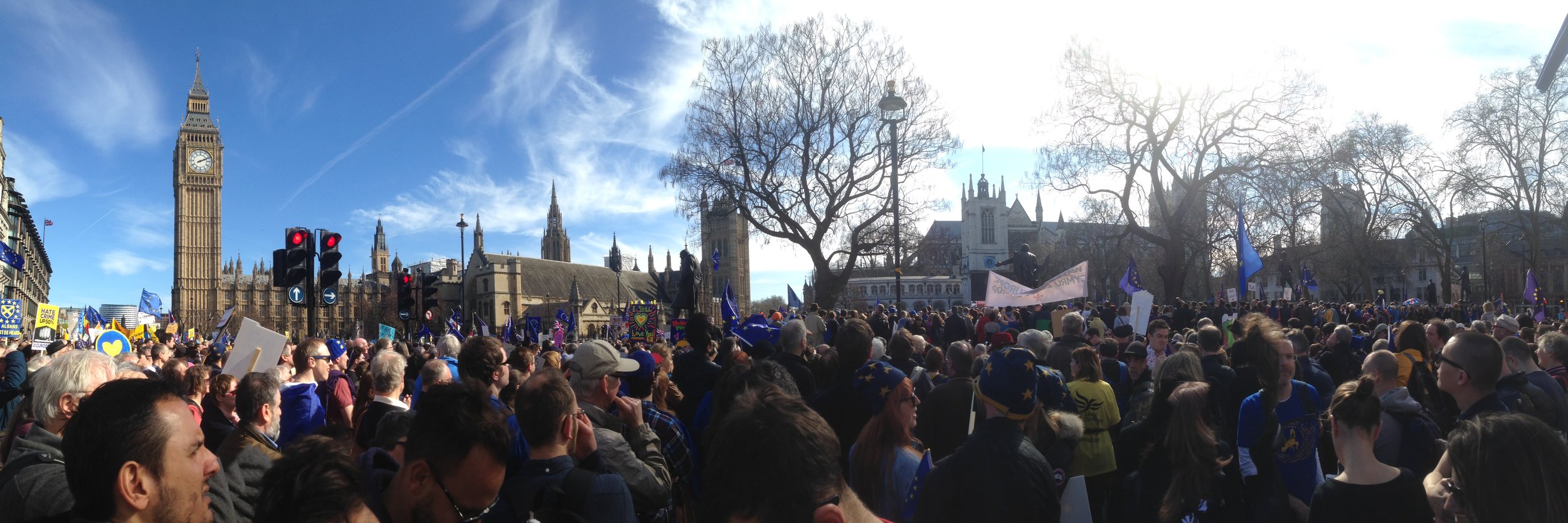A simple narrative about bad people doesn’t justify a forever war in Afghanistan
In the chaos following the collapse of the Western-backed Afghanistan government and the sudden seizure of the country by the Taliban, another battle was taking place. It was a battle between competing narratives of what happened, why it had happened and what would happen next. These narratives vied for supremacy across the airwaves, in newspapers and on social media.
One narrative was that the Western presence in Afghanistan was a forever war. This story explains the past 20 years as a bottomless pit that money and human life has been poured into. It argues that no amount of soldiers or bombs could have brought peace to Afghanistan. The Taliban would takeover whenever the US left, whether that is now, in another 20 years, or in 100.
This story has its counter-narrative: that the West didn’t have the will to defeat the Taliban. This narrative argues that our military was held back by not having enough troops or enough of a free reign to root out the Taliban in Pakistan. Or it argues that we didn’t spend enough, or have enough of a plan, to rebuild Afghanistan as a modern democracy. It draws on the historical parallel that America paid to rebuild Germany and much of Europe after the Second World War and argues they should have done the same here.
It’s the 2000s all over again
Each narrative about the war warrants a blog post of their own, digging into precisely what they say about Afghanistan and the war the West fought there. As time is limited, I want to zoom in on one narrative, which was an argument for the war continuing.
This narrative argues that there are bad people in the world and you just have to kill them. One version of this narrative was put forward by Anne Applebaum in The Atlantic and another was advocated by everyone’s favourite frontman for Western countries doing a war in another part of the world, Tony Blair, in (no prizes for guessing) The New Statesman.
They say the classics never go out of style and the early 00s is about old enough for a retro revival, so why shouldn’t Blair dig up some of his greatest hits, such as “radical Islam is really bad and a threat to the west” - banging that drum definitely isn’t responsible for Brexit on any level, no not at all - and his unending hunt for a big idea that unites everything together. Considering we are supposed to live in the post-ideological age, Blair has spent most of his career in search of an ideology to either embrace or destroy.
The graveyard of Empires
These articles and the discourse that follows them, like an echo that diminishes in intelligence but somehow manages to get louder, contains a subtext of “we are for whatever the anti-war movement is against because we hate those stupid hippies with their idea that maybe tonnes and tonnes of explosives isn’t the solution to every problem.” The “whatever” in this case appears to be more war in Afghanistan, the graveyard of empires.
Presumably, all this is so that a new adaption of Sherlock Holmes set in 2110 can still start with Dr Watson being wounded serving with the British army in Afghanistan, just as the character was in the original Arthur Conan Doyle stories and Martin Freeman’s incarnation was in the recent BBC adaptation. As much as I love symmetry, this commitment to accurate adaptions of Victorian literature seems excessive.
Of course, it wasn’t just hippies who wanted the war to end. It was 44% of British people. Unless 44% of British people are hippies now and I wasn’t informed. If that’s so, then I need to break out the tie-dye and the Creedence tapes.
This narrative excludes the nuance between the Taliban on one hand and ISIS or Al-Qaeda on the other. I’m not a fan of either, but the Taliban are now the de facto government of Afghanistan, whereas ISIS is a death cult. Making the Taliban international pariahs reduces our ability to influence what goes on in Afghanistan and thus helping people who live there.
A narrative about women and religious minorities
Another argument inherent to this narrative was that the Taliban victory would be awful for women and religious minorities in Afghanistan. Historic evidence and a lot of what has happened since the Taliban took over the country indicates that life will be oppressive for women and religious minorities in the fundamentalist Islamic state that the Taliban are creating.
The plight of women and religious minorities is frequently drawn on when making an argument for continuing the war, but its supporters never argue that we should relax our immigration policies and allow the people who flee the awful regime into our country. The Taliban are awful enough that we should kill them, and any civilians who happen to be in the wrong place at the wrong time, but not awful enough that their victims should be allowed to come to the UK.
An unlimited capacity to create war
The Venn Diagram of people who use this narrative to justify endless war and people who believe that the state should be rolled back through punitive austerity programmes is almost a circle. The Taliban visit such suffering on people that they need to be crushed with overwhelming military force, however homelessness, fuel poverty or families unable to feed themselves are acceptable sufferings. Fixing them would be a waste of taxpayers’ money.
How would you describe a society that has a seemingly unlimited capacity to create war, but haggles intensely over the cost of any minor improvement to the conditions in which its own citizens live? Militaristic? Miserly? Bloodthirsty? Callous?
The smart people vs the dumb people
There is an element of what could be described as technocracy to this. According to YouGov, 44% of British people either strongly supported or tended to support the withdrawal of troops from Afghanistan and only 8% strongly opposed it. However, a certain group of Very Smart™ people think that it should continue and they know best, so all the stupid people need to shut up.
Even the stupid people whose family members are being killed, or whose taxes are funding the endless war, need to shut up. Because even though their money and family members are good enough to be fed into the inferno of war at a terrifying rate, they are too stupid to decide when this should stop.
Too many deaths
If your argument is “there are bad people in the world and you just have to kill them” then my point is that we have been killing a lot of these bad people (and many not-so-bad people who just happened to be around) for a long time and there’s still many to kill.
At what point do you stop killing for a better world? When a million people have died? Surely a billion is too many? Right? What we were doing in Afghanistan wasn’t working so we shouldn’t just keep doing it in the hope it will start working at some point.
Yes, the Taliban are terrible, but we can’t kill our way to defeating them. We tried that for 20 years and it didn’t work. So, what’s to be done? I don’t know. I do know that the simplistic narrative of “there are bad people in the world and you just have to kill them” is too simple for a place as complex as Afghanistan. If we are going to fight a forever war, we need a better justification.
Afghanistan flag image created by DQttwo and used under creative commons.










